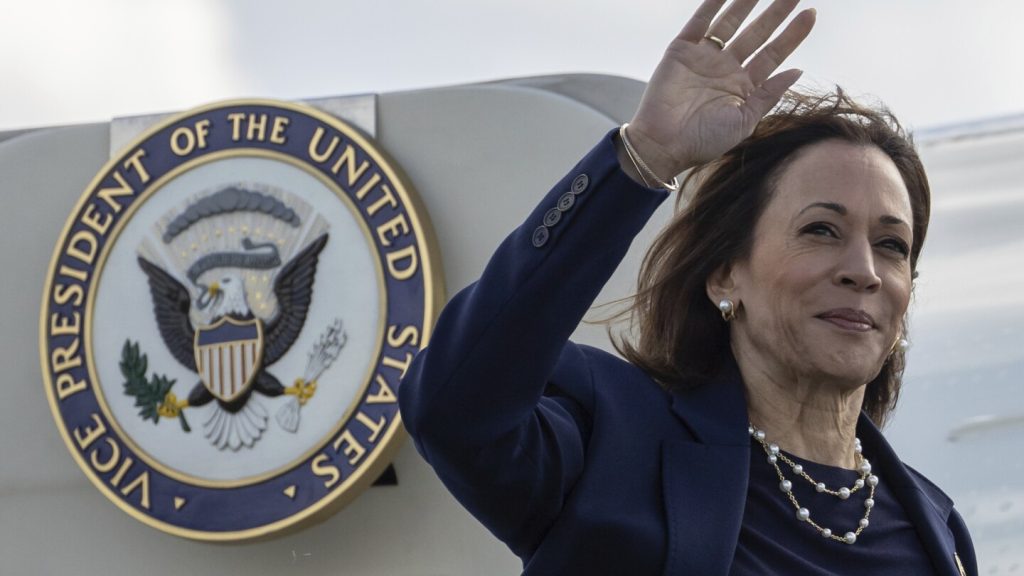Donald Trump skipped a “60 Minutes” interview this past week and criticized CBS for how it handled its session with Kamala Harris, calling it a “giant fake news scam” and suggesting the network was out to protect her. Portions of the Harris interview ran on “Face the Nation” and “60 Minutes”, leading to confusion over Harris giving different answers to questions about the Biden administration’s efforts to stop the war in the Mideast. The editing and cross-promotion process for big interviews can be confusing to those unfamiliar with journalism and television production, as segments are shared between different shows.
CBS interviewed Harris on a Saturday afternoon for the special broadcast that aired on Monday, while also offering a portion of the interview to “Face the Nation” to provide fresh news to the Sunday morning show. When asked about Israel’s Prime Minister Netanyahu not appearing to listen to the U.S. administration, Harris gave a response on “Face the Nation” that differed slightly from the response on “60 Minutes”. This led to accusations from Trump that Harris’ answer was manipulated to make her look better, although CBS defended the editing as necessary due to time constraints.
CBS explained that Harris’ full answer to the question was a combination of the two answers shown on “Face the Nation” and “60 Minutes”. The need to be concise and fit a 45-minute interview into a 20-minute slot on the broadcast led to the editing of Harris’ responses. While the network insisted that there was no intention to benefit Harris, the editing process exposed CBS to criticism. The Trump campaign has called for the release of a full, unedited transcript of the Harris interview, but CBS does not typically release unedited transcripts.
The Trump campaign’s past experience with “60 Minutes” and Lesley Stahl was mentioned, where Trump cut short the session due to annoyance and later released the full, unedited interview recording. Trump’s critics have accused the media of editing and sanitizing his words during rallies and social media posts, calling the process “sanewashing”. The ongoing controversy surrounding the editing of interviews and the perception of media bias continues to be a point of contention for both political campaigns and the media industry as a whole. As the 2024 Election approaches, the expectations for transparency and integrity in media coverage remain high.


